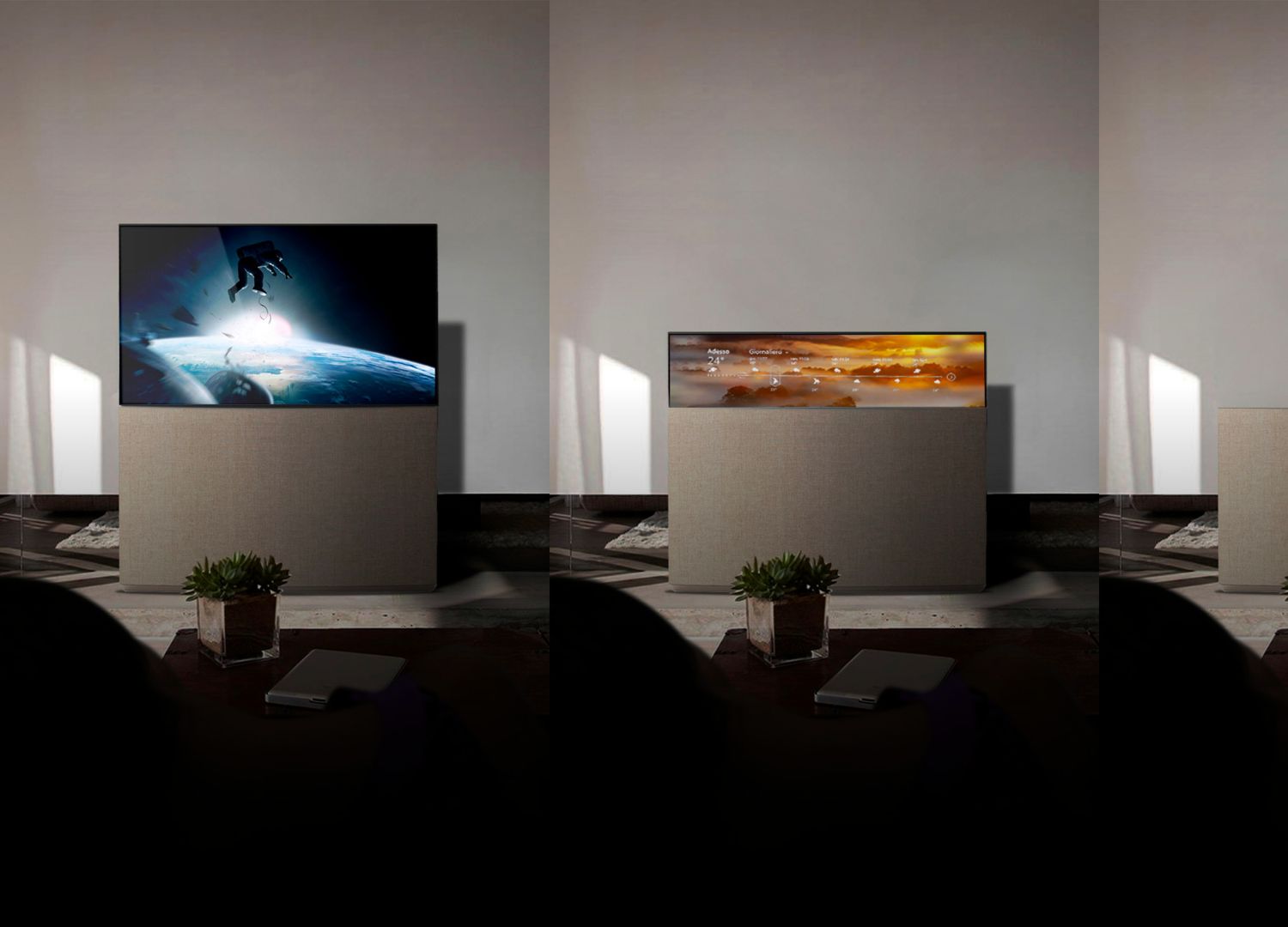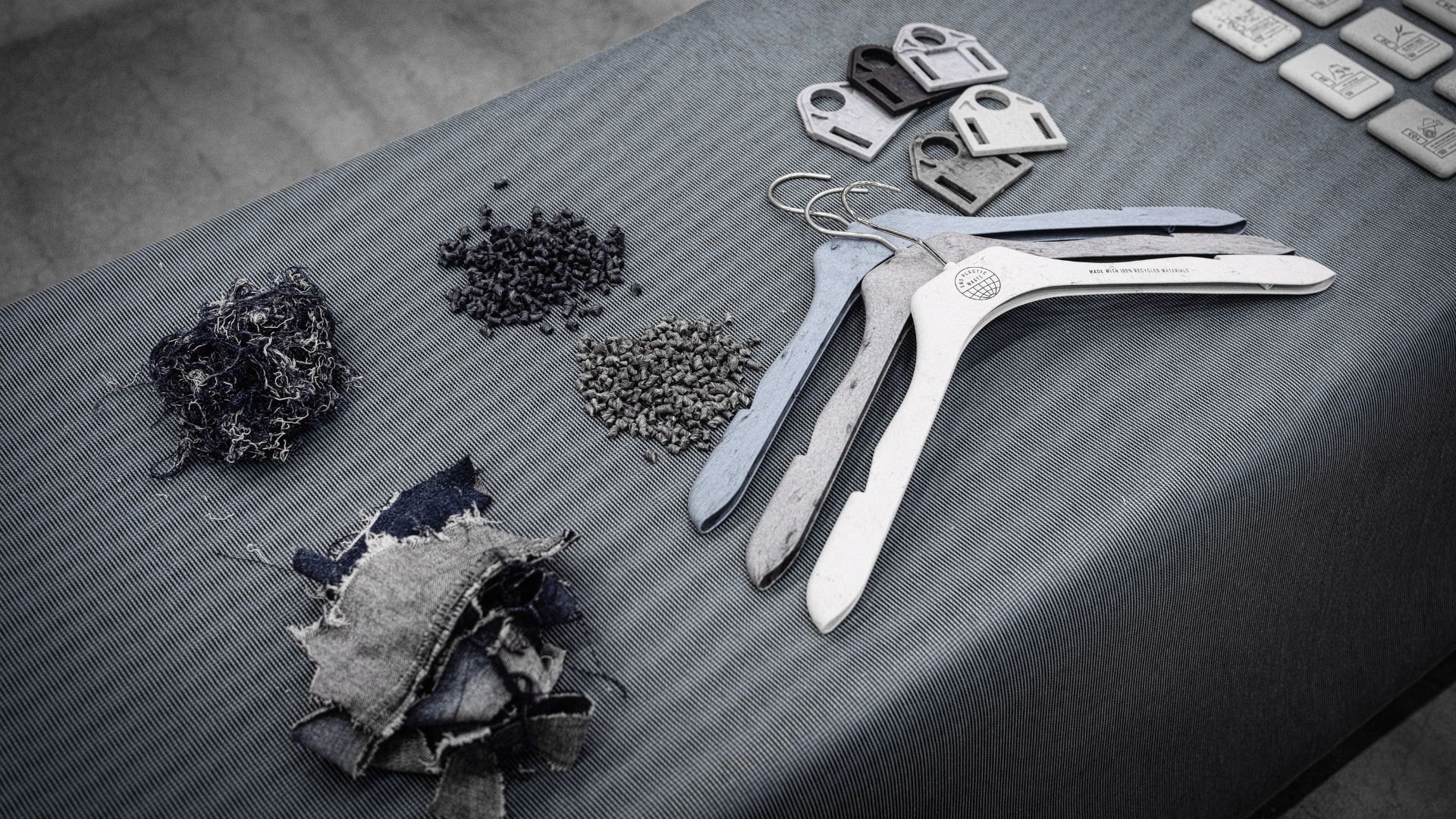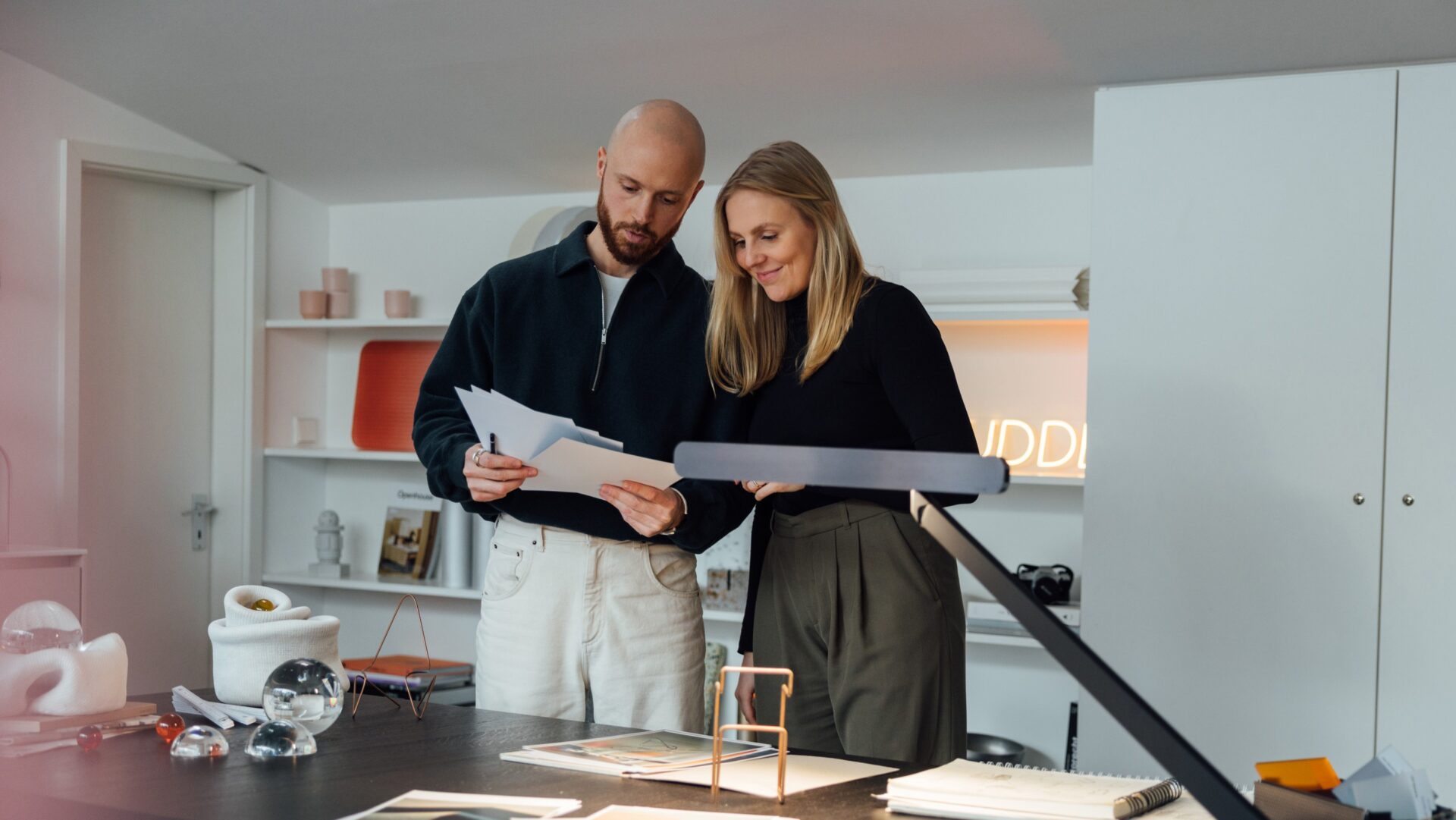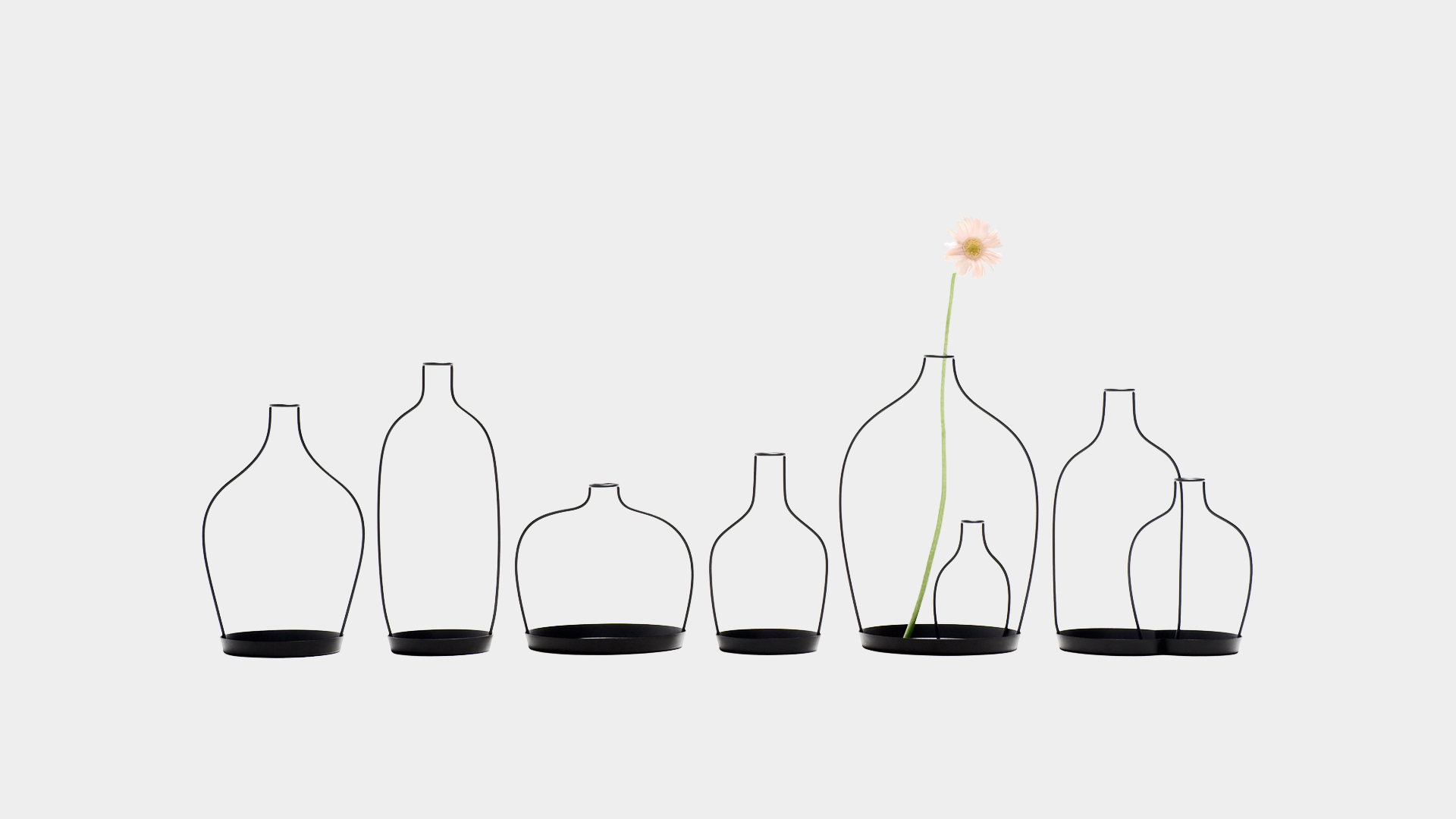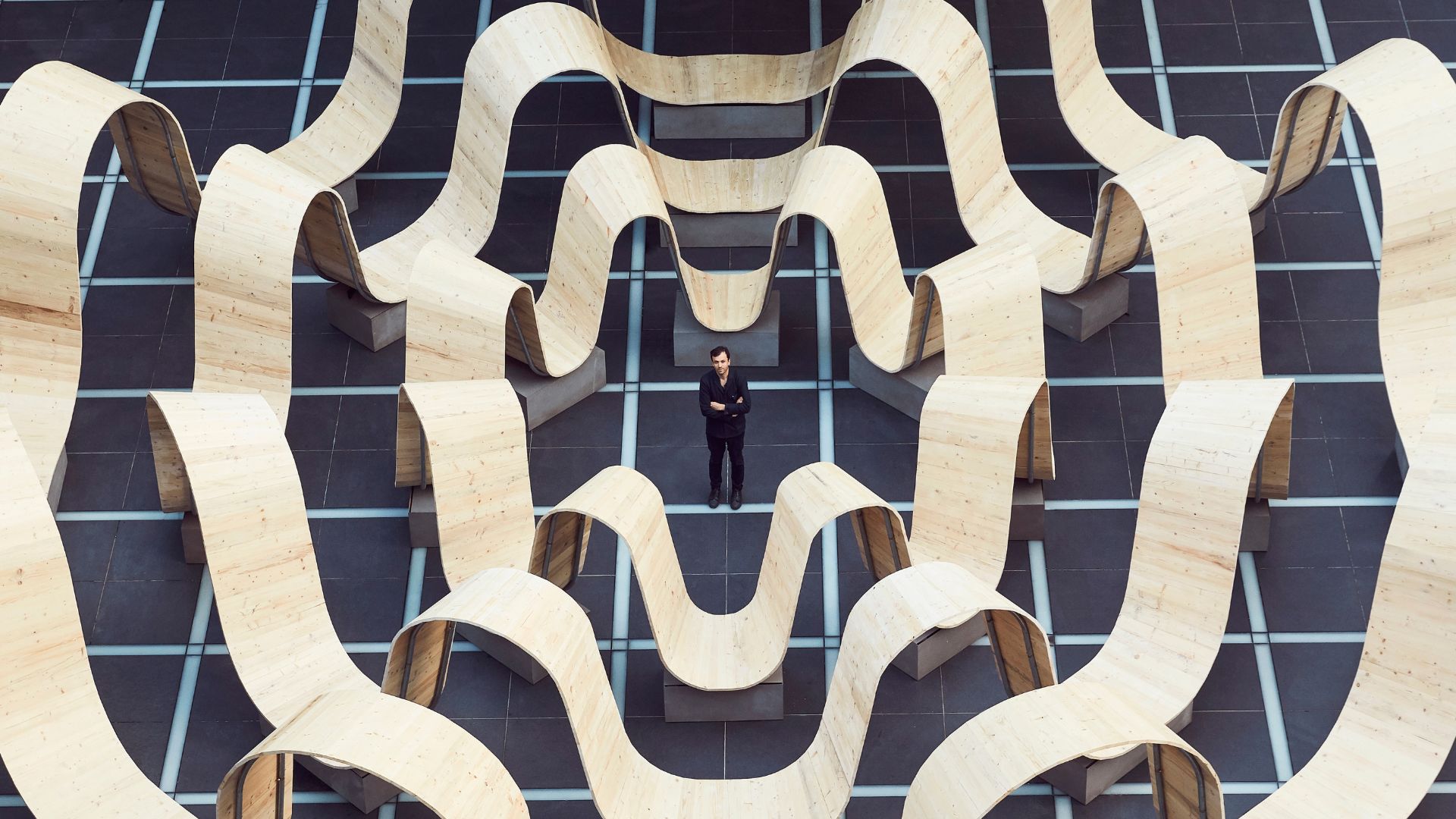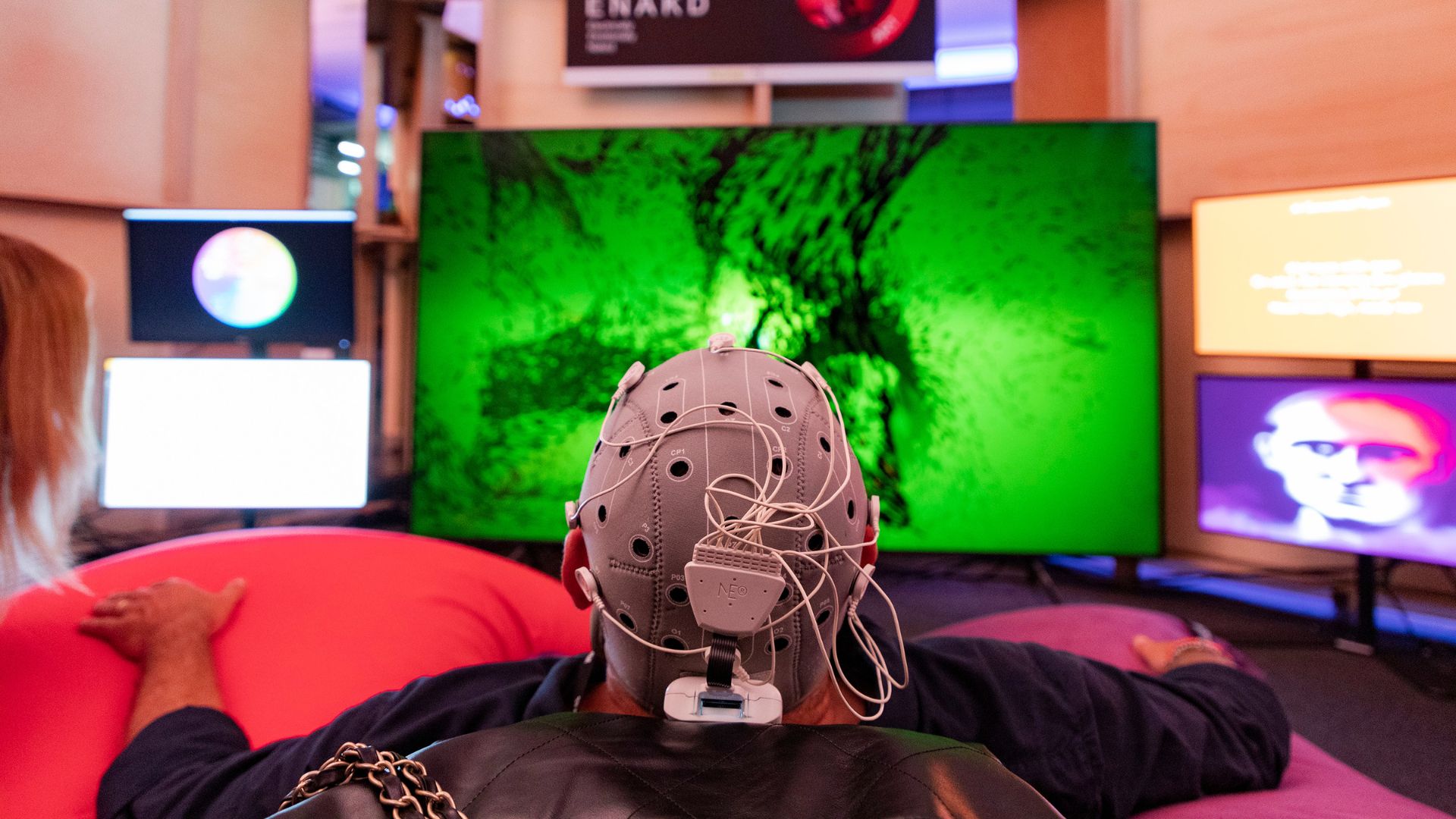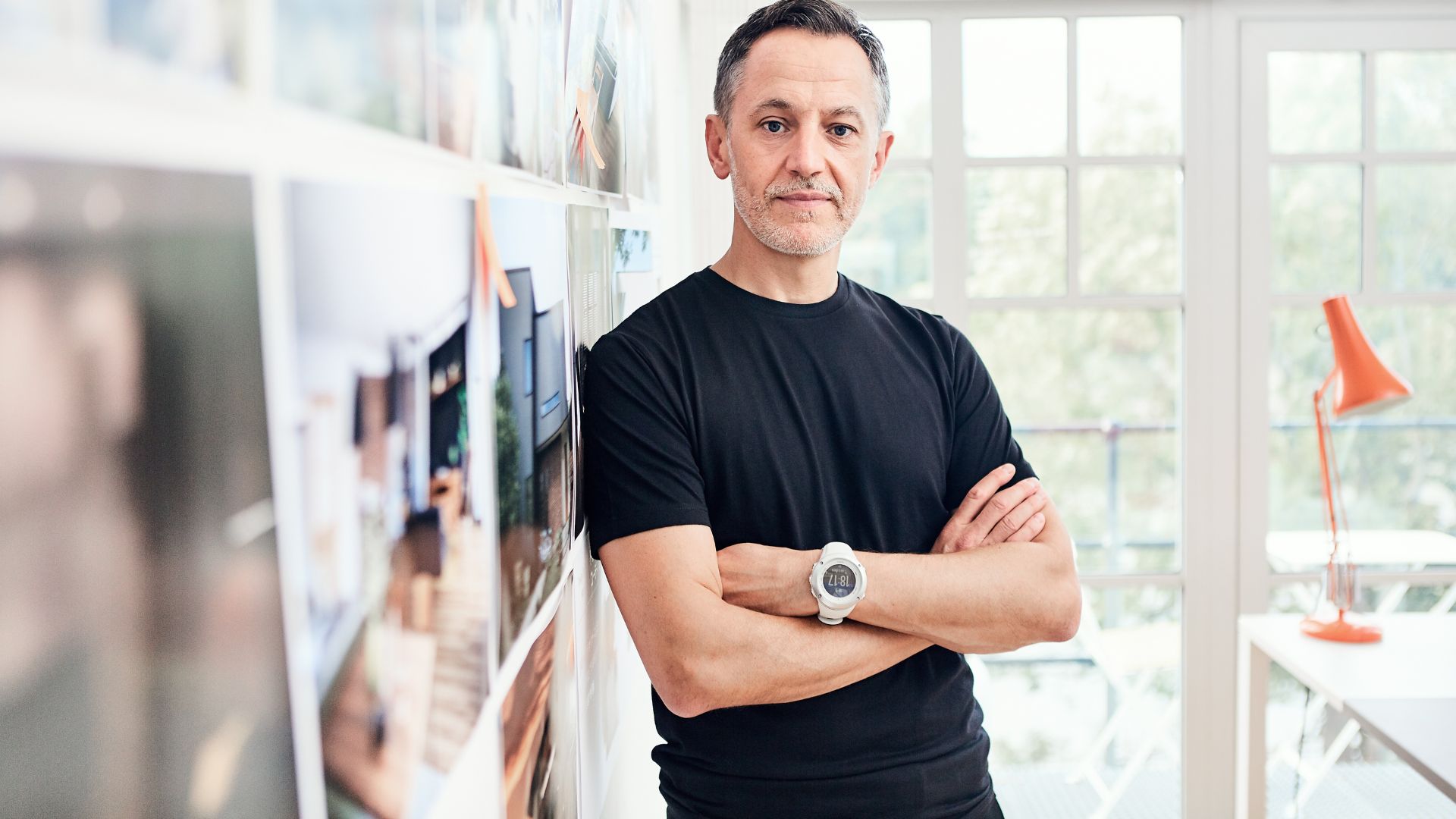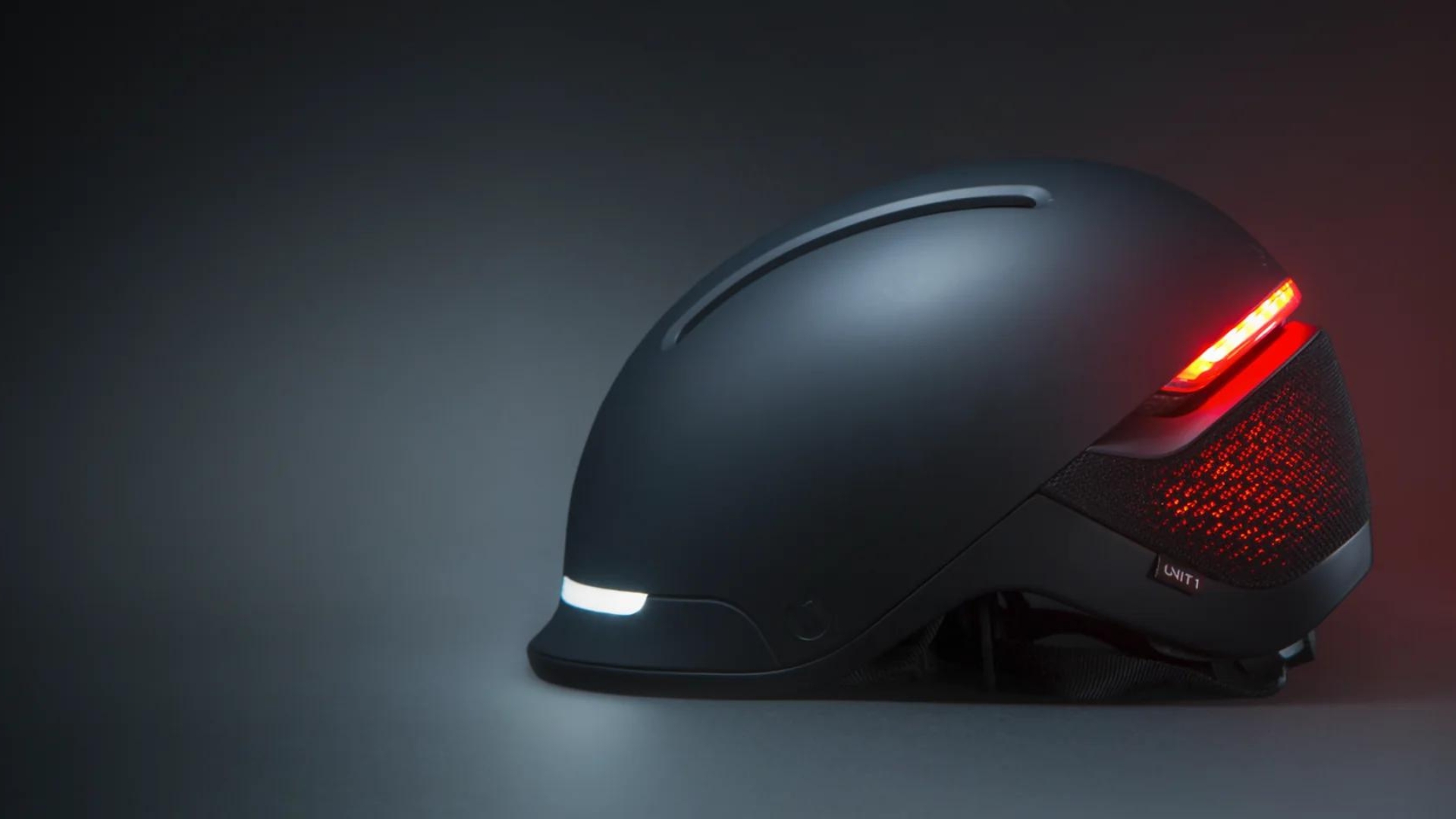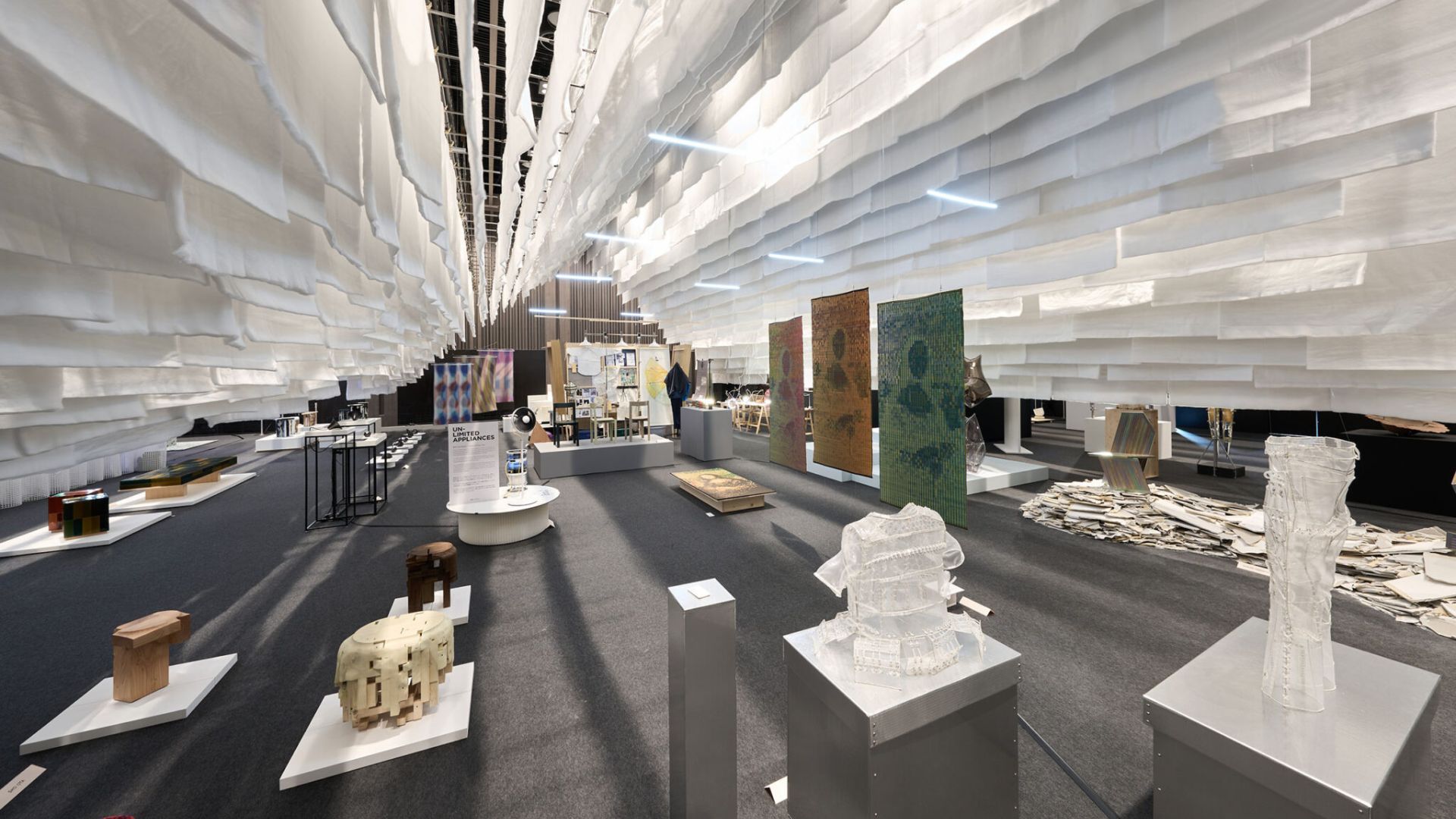Fusing technical performance with interactive features and aesthetic appeal
A conversation with Innocenzo Rifino, co-founder of Habits Studio, as he leads us through the realm their studio navigates and shares insights into their guiding philosophy.
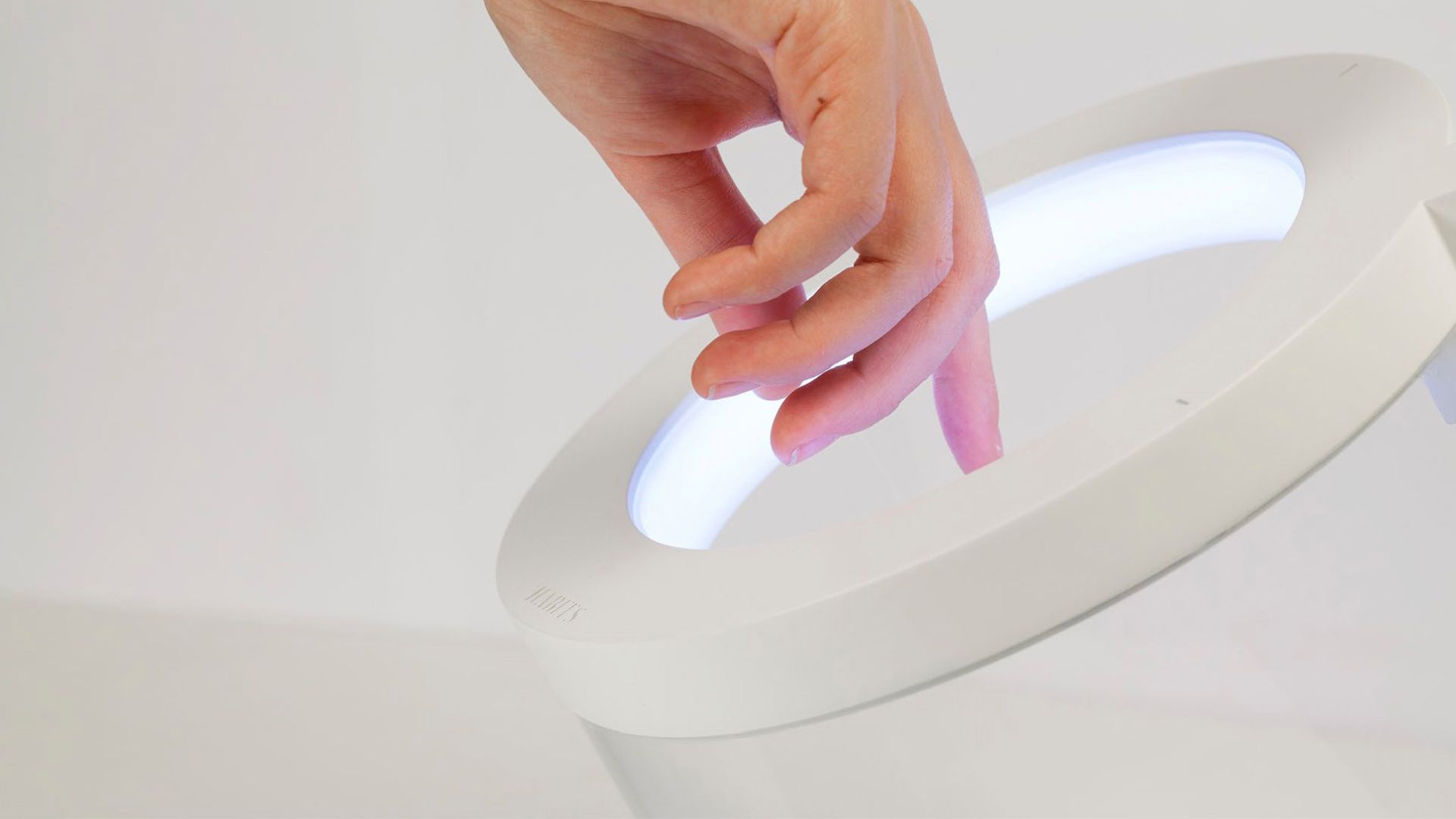
In a revealing conversation with Innocenzo Rifino, co-founder of HABITS Studio, we dive deep into the genesis and ethos of a design philosophy that transcends boundaries. Rifino’s journey, which commenced in the light design department of Matsushita Denko (now Panasonic) in Osaka, Japan, laid the foundation for a career that blends discipline with innovation.
The early exposure to a starkly different design culture and advanced technologies like robotics and magnetic levitation trains not only shaped his professional path but also emphasized the symbiosis of design and technology.
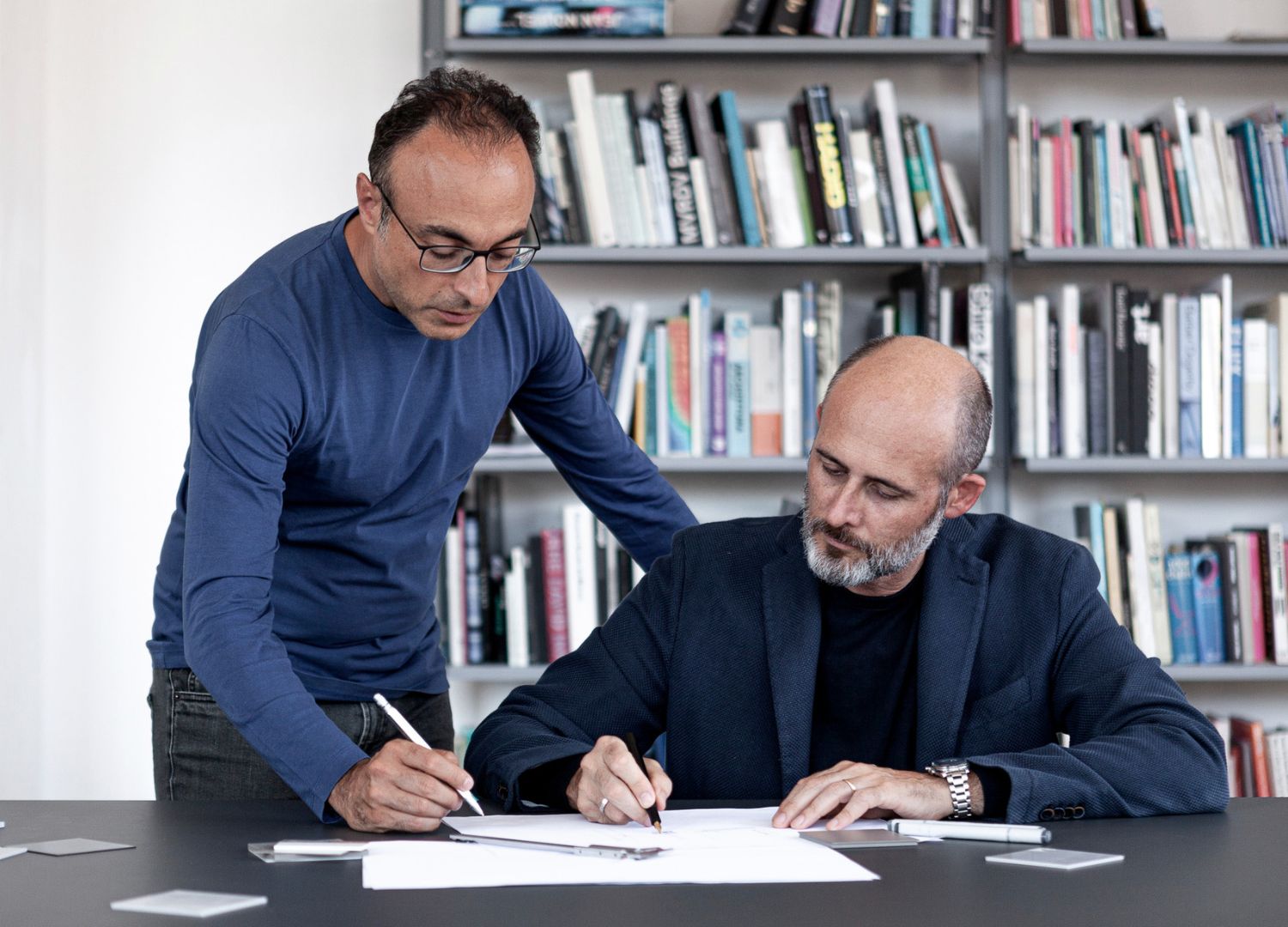
A dialogue that encapsulates the learnings, insights, and reflections on navigating the complexities of modern design, offering a glimpse into the philosophical underpinnings that guide HABITS Studio’s innovative approach.
Who is Innocenzo Rifino? How did your design journey begin?
Innocenzo Rifino:
“My career started in Osaka, Japan, at Matsushita Denko’s light design department (which is now known as Panasonic). It was a short stint but incredibly shaping. Back in 2000, the digital era wasn’t as evolved as it is now, so the contrasts in design philosophies, practices, and even everyday living were starkly evident. My time in Japan was enlightening, teaching me the critical role of design within a large industrial entity and the necessity for a disciplined approach to design work.
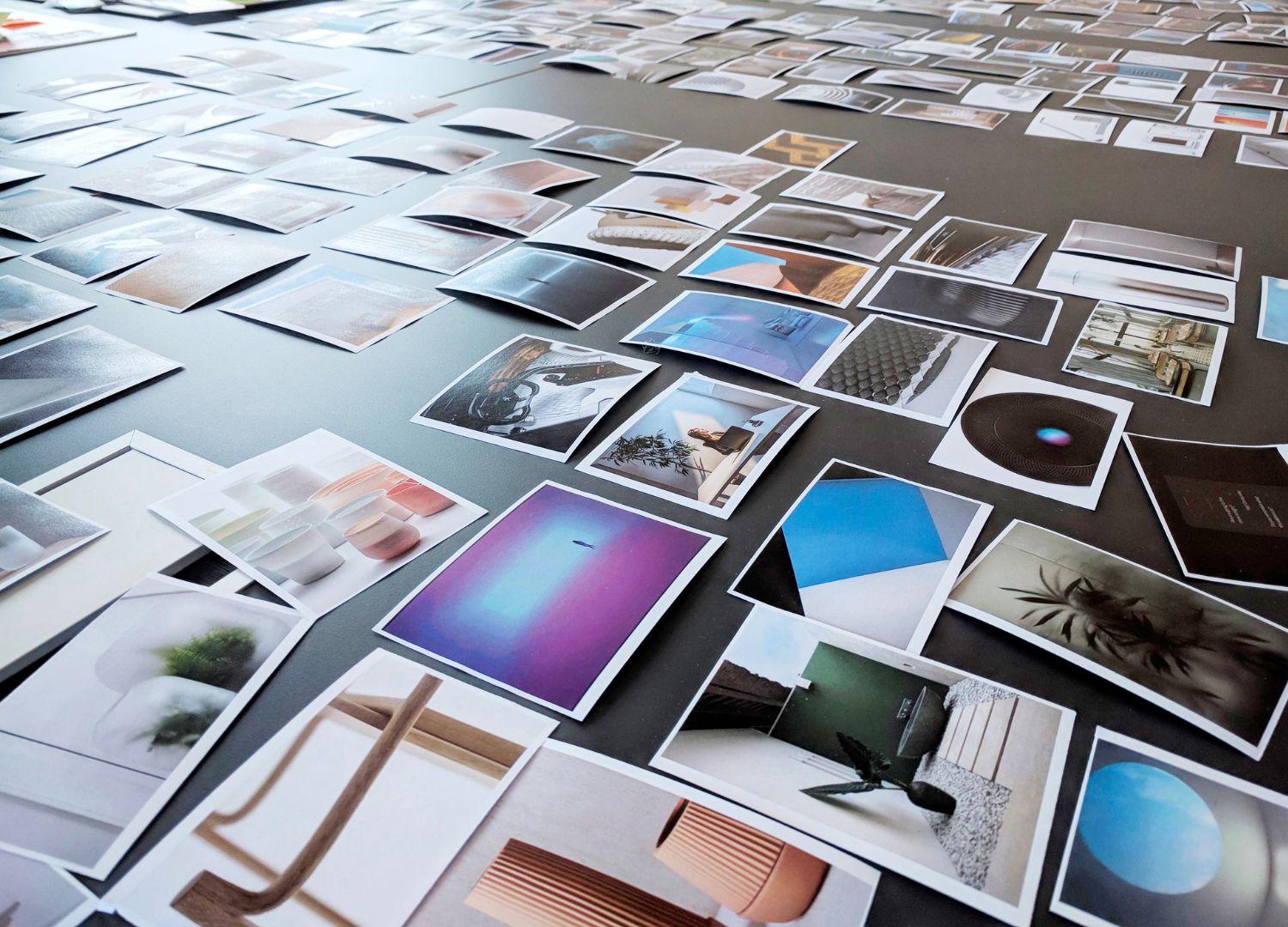
My corporate experiences have taught me that design serves as a vital source of inspiration and a benchmark for other strategic business areas, all of which collectively delve into future prospects, lifestyle shifts, and the potential that technological advancements present. In Japan, I was exposed to what then seemed like fantastical technologies—robots, early LEDs, and magnetic levitation trains—which all shaped my future professional path.
Upon returning to Italy and after founding the Habits studio, I furthered my education at the Politecnico di Milano by pursuing a Ph.D. focused on physical computing. This field explores how people interact with computationally enhanced products through non-traditional interfaces, such as sensors, voice recognition, and gestures.
During this time, I was inspired by MIT researchers’ work on calm technology, leading me to explore how product design could embody these concepts. The doctoral program marked a pivotal shift in our studio’s focus, steering our projects toward digital products and consumer electronics.”
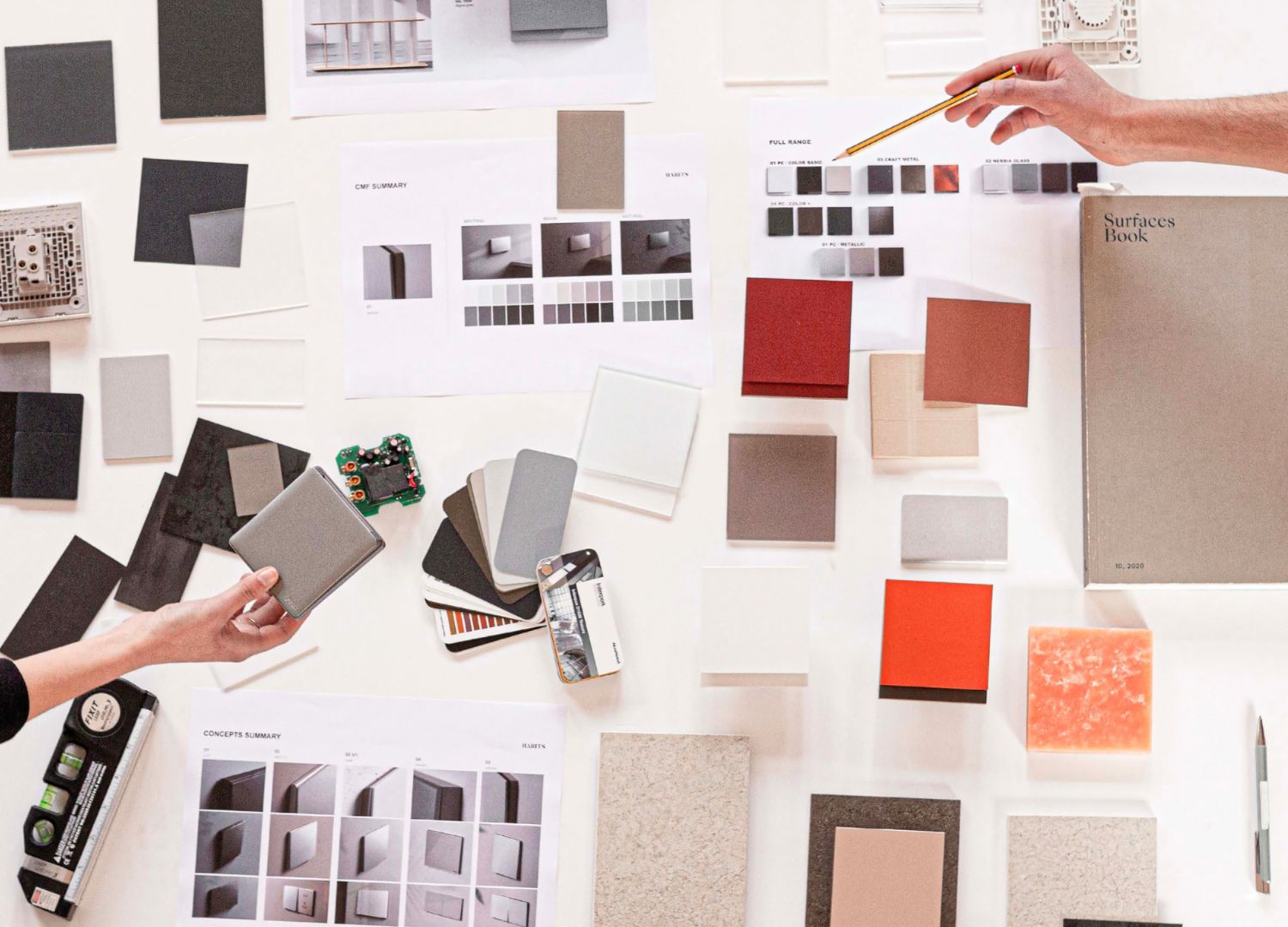
How would you describe the design philosophy and approach of Habits?
Innocenzo Rifino:
“Diego Rossi and I were among the early students of the Design course at Politecnico di Milano, a program that was newly established at the time, with most of our professors hailing from the Faculty of Architecture. This background has profoundly shaped our design perspective, imbuing us with a keen sense of spatial awareness.
In our design process, we always visualize how objects will function within their intended environments and the kinds of interactions they will foster with their surroundings. Additionally, our work is deeply influenced by our enthusiasm for technology, blending technical functionality with interactive and aesthetic qualities. Essentially, we view products as amalgamations of technological innovation, interactive utility, and visual appeal.”
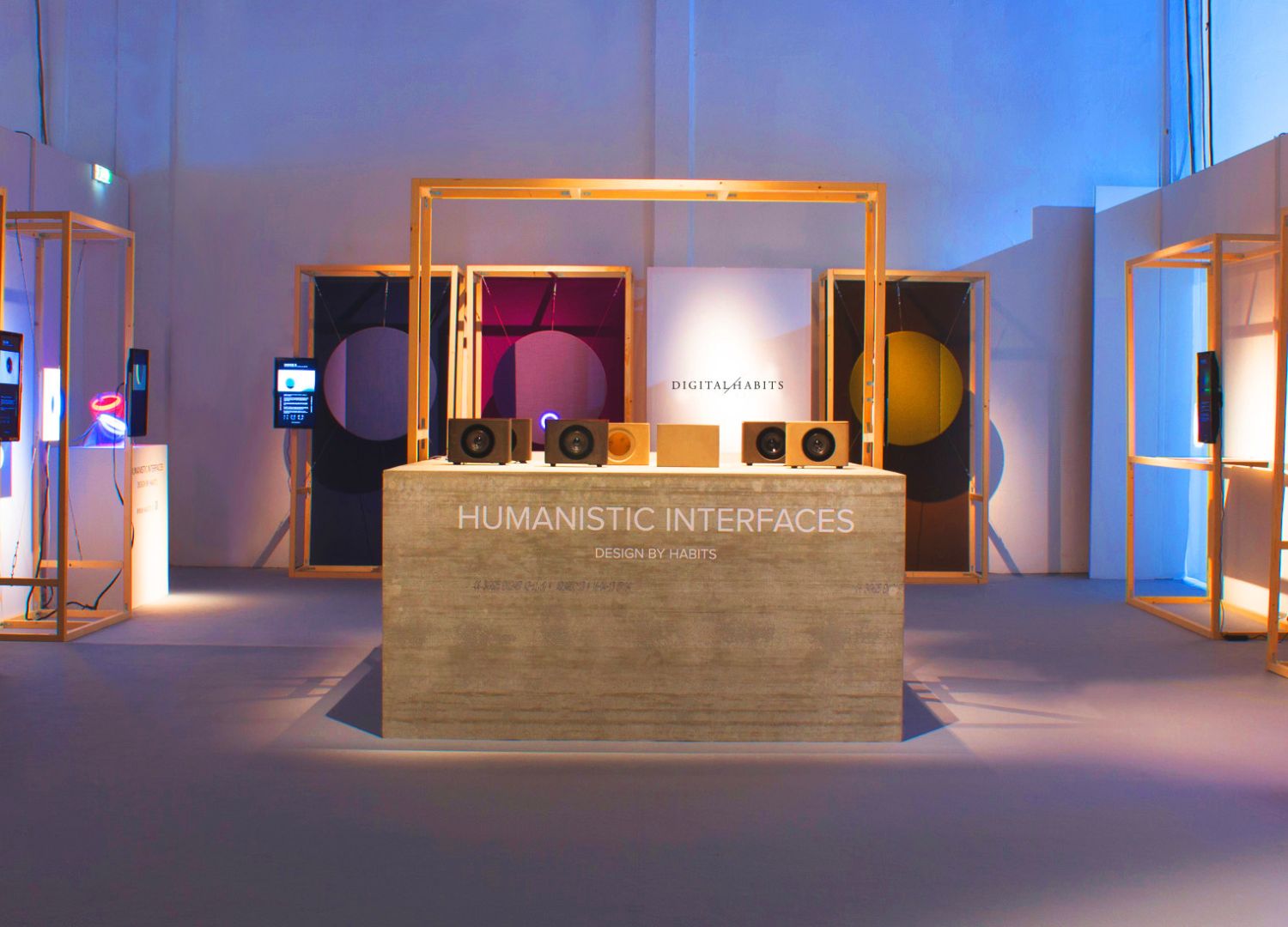
What are the purpose and message you or your firm wants to convey through your works?
Innocenzo Rifino:
“The magic of design lies in simplicity and a nuanced understanding of the product. When questioned about our expertise, I explain that our forte is crafting the product’s form and the interactive layers surrounding it, which together shape the essence of modern objects.”
In Habits, prototyping is a key aspect. How does it fit into the overall design process, and what methods are employed for prototype development?
Innocenzo Rifino:
“We leverage the most advanced technologies that the market offers for prototyping mechanics, electronics, and digital aspects. In this way, we explore deeper into the constructive logic of products and can better interpret their potentials. We aim to immerse ourselves in the cultural climate of design in Italy during the post-war industrialization years.
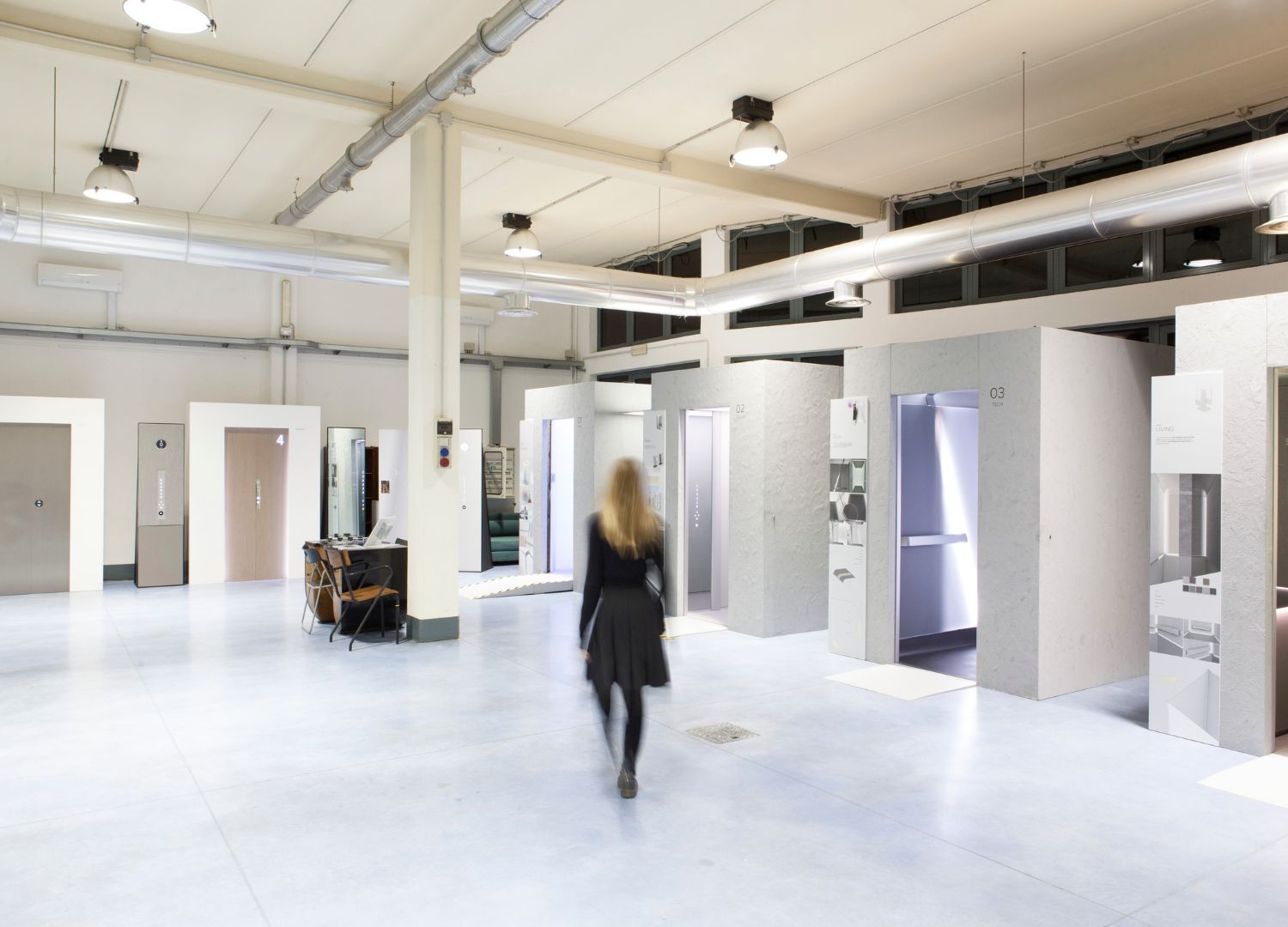
Obviously, there are other purposes for prototyping, such as assessing the practical quality of the idea and enabling various stakeholders to have a physical experience of the design quality. In fact, in our laboratory, we strive to produce high-fidelity UX prototypes to let the user to experience the products.”
Which professional roles are essential in an industrial design studio to effectively tackle today’s technological challenges? And why?
Innocenzo Rifino:
“In our studio, roles are not too strictly defined, but I can say that technical (and software) knowledge is indispensable, much like the proficiency with the musical instrument (and the music notation) is to a performer.”
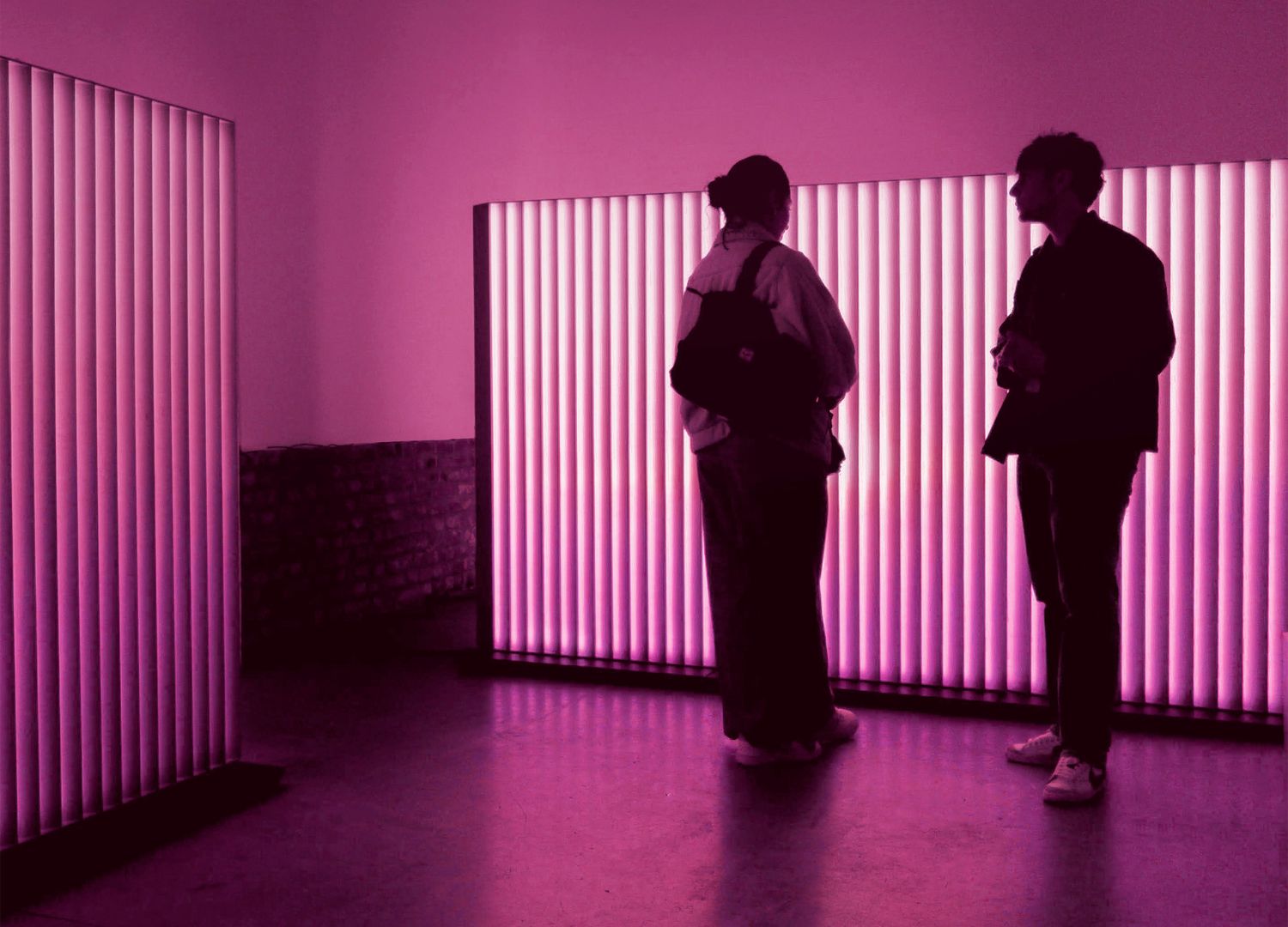
What is one aspect of your job that is difficult, tiring and little known, but definitely crucial to your practice?
Innocenzo Rifino:
“Having a clear mindset is crucial because we are constantly faced with future-oriented and unpredictable choices, despite all the research and testing methods we employ. Only the culture and personal experience of the design team can guide us through this process.”
What are the main trends & future directions within industrial design and what do you think of them?
Innocenzo Rifino:
“Today, the term ‘design’ is widely used in various fields (and sounds cool nowadays), even those quite distant from its origins and not easily attributable to what a designer should know or do. This clearly creates opportunities for the movement but also some identity crises for the discipline.
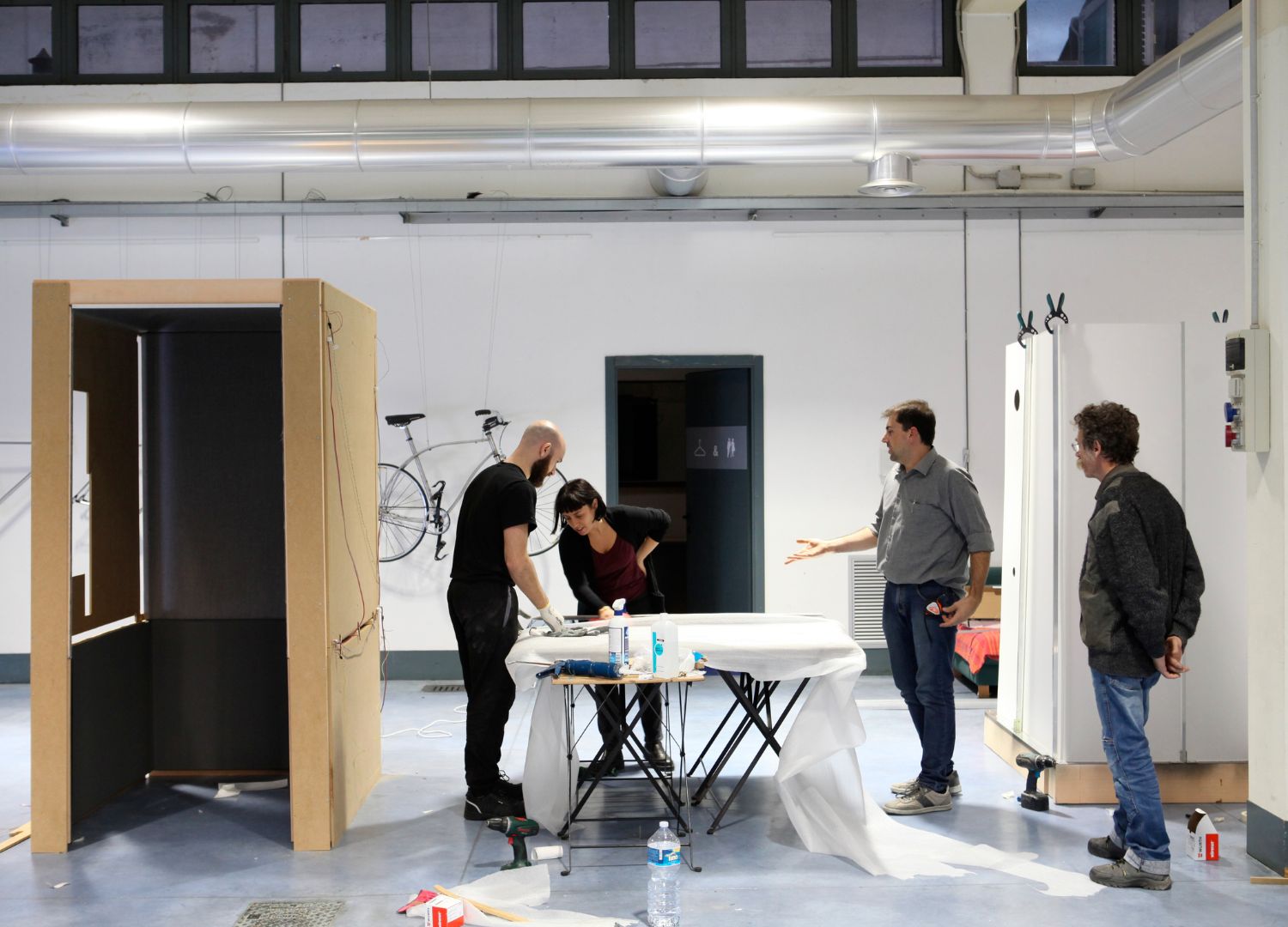
I believe we need to reaffirm ourselves anchored to the fundamental principles of logic, art, technique, and humanities because the professional landscape will continue to change rapidly, and overly specific knowledge may not be beneficial.”
What is the most important piece of advice for fresh graduates in the design field?
Innocenzo Rifino:
“Our profession lacks of clear career paths and a clear theoretical know-how, so a young designer must nurture a sort of entrepreneurial mindset to construct their own path of growth and have a broad openness to increasing their wealth of experiences. Creativity is also needed to design one’s own future.”








